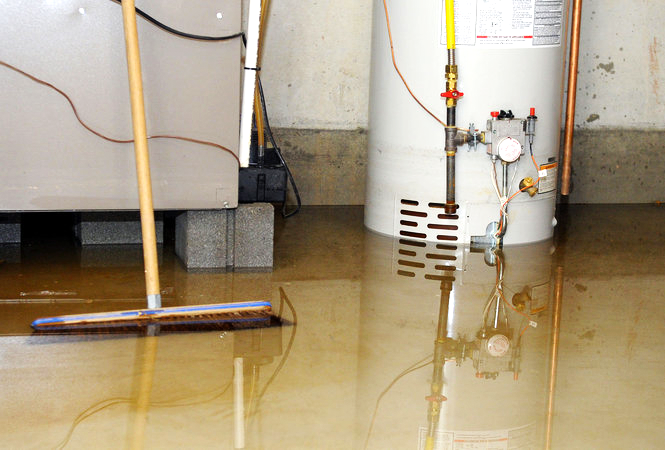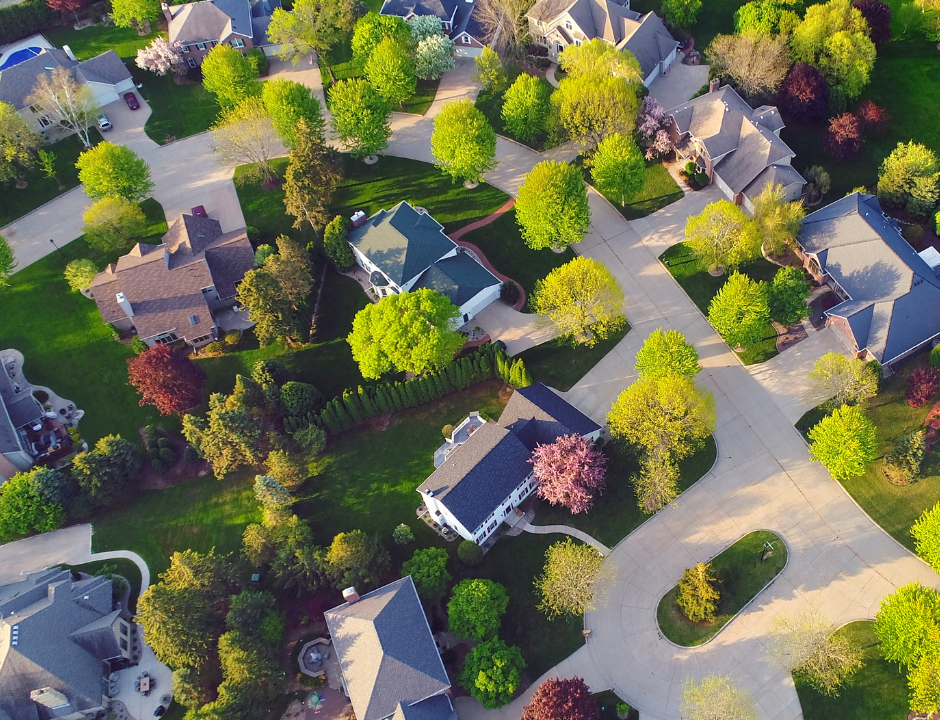MITIGATING DAMAGE FROM WATER LEAKS

YOUR HOME MAY NOT BE FIREPROOF… BUT YOUR HOMEOWNER’S POLICY SHOULD BE
June 4, 2019
FREE WIFI…. Not if your hacked!
September 4, 2019Water—we depend on it daily for drinking, bathing, laundry, and so much more. But when water leaks from pipes or invades the structural components of a building, it can be a powerfully destructive force, buckling floors, rotting wooden beams, and compromising drywall. So it’s no surprise that water damage is the single largest source of property insurance claims for all property owners, both residential and industrial.
So why is water damage so dangerous and how can you mitigate damage from a leak? Let’s take a look.
How Water Damages Structures
Internal leaks, unlike those caused by ground flooding or compromised roofing or gutters, often go unnoticed until they have done significant damage. That’s because these leaks often develop slowly, and in places that are difficult to see or access. Though the list is virtually endless, potential causes of internal water damage may include: compromised bathroom plumbing, a ruptured hose from a washing machine or dishwasher, refrigerator tubing cracks, and pipes that rupture due to freezing temperatures.
Pooling
There are several ways that water can damage structures. For example, because water always runs downhill, it will naturally seek its lowest point, until it is stopped or obstructed. That leaves your home or business vulnerable to pooling water that can destroy possessions, rot beams, and warp flooring.
Leaks within Walls
Another type of water damage results when water erodes the brick pointing and enters the structure literally through the walls. If left unchecked, water within the walls of a structure can compromise plaster, promote mold growth, or worse, get into a structure’s electrical system.
Ice
Unlike most substances that contract when they freeze, water expands. So when water enters the many nooks and crannies of a structure and freezes, it can quite literally cause your home or business to fall apart. Freezing water can burst pipes and can widen tiny cracks in your foundation into major structural problems.
How You Can Reduce Water Damage in Your Home or Business
Preventing or mitigating water damage can save you the expense and hassle of costly structural repairs. Fortunately there are some simple steps you can take to protect yourself and your home or business.
Locate your main shut-off valve BEFORE a leak occurs.
Imagine returning home to find your home flooded due to a ruptured pipe. The last thing you want is to spend more valuable time locating the main shut-off. Typically, the main shut-off is located in the basement or on a wall in a utility area of the structure. If you’re unsure, ask a plumber to locate the valve for you.
Shut-off water before going on a long trip.
Planning to be away from home awhile? Imagine how much damage a water leak could do in that time. By shutting off the water before you leave you can enjoy your vacation without worry.
Clean gutters and downspouts.
Water trapped by clogged gutters or downspouts will seek an alternate route, one that may cause water to enter your home or business. By ensuring that your rainwater control systems are clean, you can prevent this type of invasive water damage.
Invest in an automatic water shut-off system.
An automatic shut-off system can detect a leak (even when you can’t) and can shut down the system before significant damage occurs. There are two basic types of automatic eater shut-off system: moisture sensor and flow-based leak detection systems. Moisture sensor systems rely on the placement of water-sensitive “pucks” at various points around the structure. When one of these pucks becomes moist, it alerts the system to shut off the water supply to the building.
Flow-based systems work by detecting sustained decreases in water pressure. For example, if a water pipe were to rupture, the system would automatically shut off water supply to the structure after a few minutes to mitigate further damage.
With the advent of “smart home” technology, we are also seeing the emergence of more advanced systems capable of detecting leaks and shutting down water flow before it becomes catastrophic. Some smart water detection systems can even send you an email or text alert when a problem is detected. Investing in one of these systems can reduce both water damage risk and insurance costs.
We hope you’ve found these tips useful. At MAGIS, we understand the importance of protecting your home, business, and possessions from catastrophic water loss. That’s why we stand committed to crafting an insurance portfolio tailored to your needs. Contact MAGIS today, and discover how we can help protect your home, your business, and your peace of mind.




